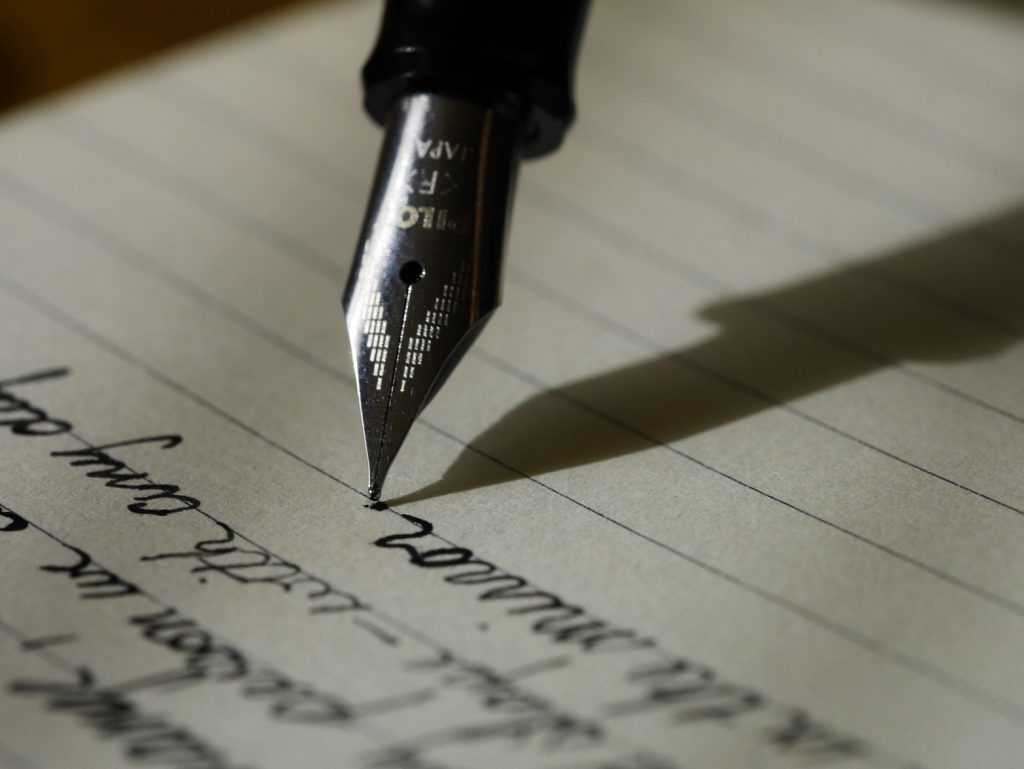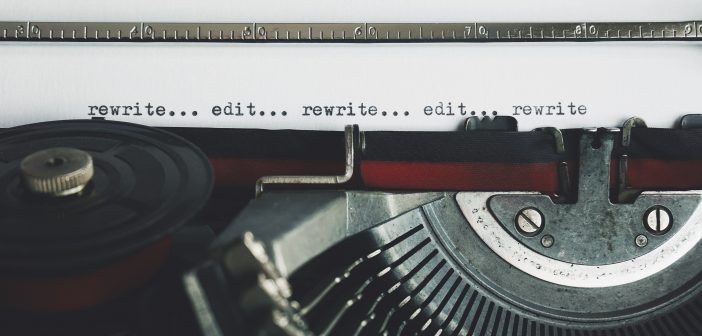For many people, November is the buildup to a much more exciting time. The holidays seem right around the corner and everyone wishes to go home. For me, November is a month I both dread and yearn for. Every year either I scramble to remember key dates about a subject I never had heard of before or I comfortably accept my imminent doom and charge ahead with no plan.
Of course, I’m talking about NaNoWriMo, National Novel Writing Month, which spans the entire month of November. The goal? To win. And to win, you have to write 50,000 words. That’s 1,667 words per day. It sounds hard— and it is. When I was fourteen I watched a video online about a girl who wrote a book in a month, and although I didn’t participate in NaNoWriMo that year it inspired me to do it the next, which is how I came to write my first book. I showed up on the first of November with my camera, my laptop, and a vague idea for a story. That year I wrote a cross between historical fiction and fantasy, and if I ever have to give anyone my number one writing advice it’s this— don’t write a fantasy novel without planning anything beforehand.

In the NaNoWriMo community, we have three types of people, the planners, the pansters, and the “plansters”. The first one being those who meticulously plan every interaction and the second being those who arrive with pen and paper on the first day and if they’re lucky perhaps the inkling of an idea. I fit right in between as a “planster,” depending on a novel. Typically, I like to focus on historical fiction. It offers me an opportunity to live vicariously through my characters’ lives, allowing me to experience first-hand medieval England or the cold war period in the United States. What you’ll find is fundamentally it doesn’t matter what period of history you’re in, we all face similar issues. In addition, historical fiction allows me to find hidden moments of history. Last year I spent a week looking at brands of Russian ice-cream and even went for a taste test. I was so obsessed with historical accuracy that I listened to over ten different USA radio shows from the ’60s. These slices of history have all been lost to time, and only remain in the few people who lived through this time. Discovering that we share the same struggles and aspirations from over seventy years ago is something I find fundamentally human, and I can immortalize those moments and breathe new life into them through my writing.
The idea of someone fixating on a very niche subject because of something they offhandedly read in a book of mine is something that thrills me.
For my NaNoWriMo preparation, I tend to read history textbooks, watch old radio broadcasts, compile playlists, and print out character sheets. I usually print out a calendar with my target word count for the day. Typically, 1,667 words are needed, however, I tend to shift my writing so that it allows me to skip some days later in the month. That way when I have school assignments due I don’t have to worry about being behind on my word count
Under the pretense of ‘research’, I allow myself to try various foods and talk to unique people, as well as send miscellaneous emails to old library archives or museums. As fun as this sounds, writing historical fiction does have its drawbacks. For one, treading the line between historical accuracy and creative liberty is very hard. It’s easy to either let your imagination take hold and completely make up events and people, as well as places, yet simultaneously be trapped by every single detail from whether the fabric your characters wear or the species of tree in that area is accurate. Understandably this is an issue I struggle with a lot. While I love writing, my love for history is also great, and it’s a conundrum being able to balance the two.

Besides the actual writing, there are two ways I enhance my NaNoWriMo experience. For one, it serves as an excellent time to get out of your comfort zone and meet new people. I started participating in a NaNoWriMo writing group last year, and the stories of the people I meet there could fill books on their own. I’m always fascinated by the quiet English teachers who come up with elaborate mysteries, or the office clerk who’s fascinated by science fiction. Going from an environment with few creatives to one where everyone is brimming with ideas perpetuates the excitement of writing a novel. Not to mention that it’s a great opportunity to make connections and meet like-minded people, such as the one time I got in touch with someone who liked to play an obscure board game I liked.
There’s nothing better than sitting in a room with fellow writers, all in silence, while fingers type away furiously. Sometimes in writing groups, we talk about our novels and give advice, or relate them to our own lives. We set a timer for ten, fifteen minutes, and do word sprints, an activity where you allocate a time and are not allowed to stop writing until the timer goes off.
Another thing I do apart from writing during NaNoWriMo is vlogging my experience. I did this the first year because I wanted to see if I could actually write a novel in a month and vlogging allowed me to be accountable to my promise. I ended up making a fifteen-minute video in which I detailed my progress. The next year, that video turned out to be forty minutes long and three hours of uncut footage! It’s amazing to do this as it allows me to see my growth as a writer in a glaringly obvious way. Looking back at the first video and seeing myself write a fantasy novel with no notion of what fantasy actually is, although painful, serves as a constant reminder of how much I’ve improved and grown as an artist.
Overall, I highly recommend you look into NaNoWriMo. The point isn’t to write a best-selling novel that will outdo J.K Rowling, nor even write something to publish. Sometimes writing is just about exploring your mind and interests, or creating meaningless art that is only meaningful to yourself, and NaNoWriMo allows you to do that alongside some amazing people.
KEEP READING: Write a Novel in Just One Month? Parents Can Do NaNoWriMo Too!
Photos: NaNoWriMo website, Unsplash, and the Author
Andrea is currently in her final year of high school in Beijing, aspiring to study English and journalism in the United Kingdom. In her spare time, she enjoys reading, taking long walks, and binge-watching Netflix.




